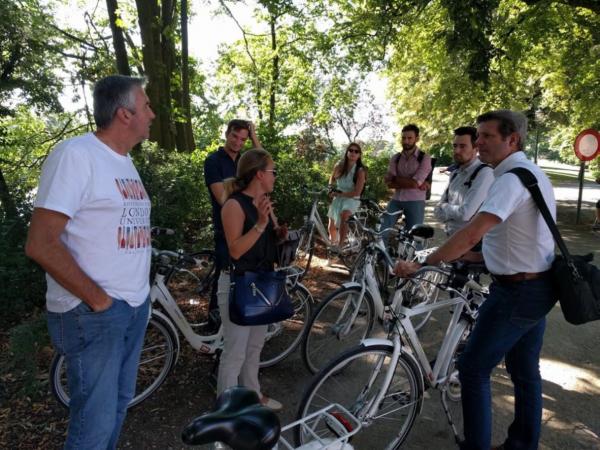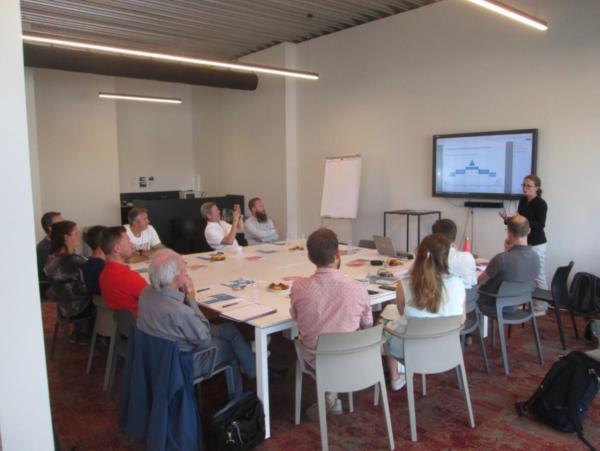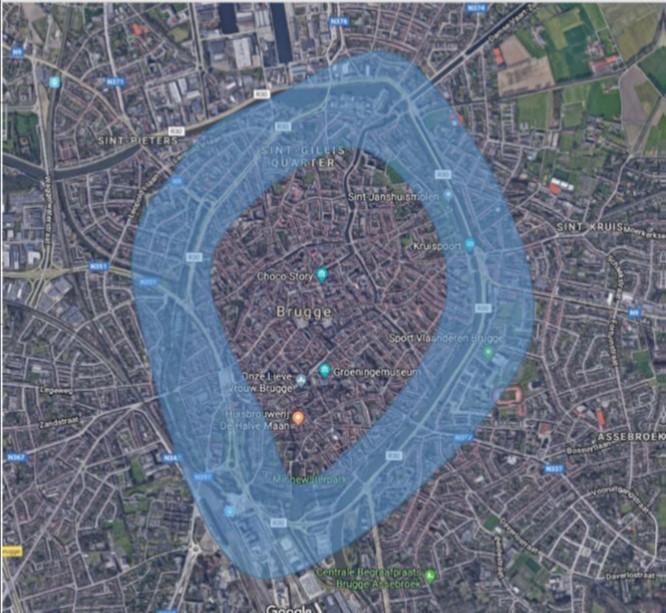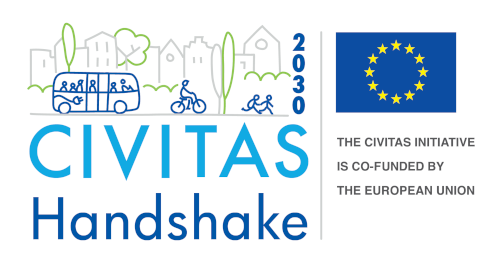The City of Bruges has commissioned a study into the realisation of its "FR30" bicycle ring road (its working title). The project will allow Bruges, the most cycle-friendly city in Flanders, to develop a new vision for its cycling network.
One of the commitments for Bruges in the Handshake project is to perform a study to help strengthen and future-proof the city's cycling network. Some important goals for such a project involve:
- Providing infrastructure for the growing popularity of cycling and achievement of higher targets for the cycling modal split;
- Catering for emerging trends like the growth in e-bikes which also poses a challenge for the current infrastructure; and
- Preserving Bruges’ unique DNA whilst maximising the contribution of cycling as an integral part of bustling urban life.
The FR30 project’s kick-off meeting took place on 23 August. It was attended by representatives of the City of Bruges and its Handshake Mentor Amsterdam, representatives of knowledge centre Fietsberaad and Flemish and provincial government officials.
The study is to be carried out by a consortium composed of West 8, Copenhagenize Design Co. and Vectris, following a tendering process.
The first meeting involved workshops as well as bike tours to experience Bruges’ vibrant cycling atmosphere and see the challenges this city is facing.
Today's focus is on thinking outside of the box and on sharing good practices through Handshake on how to make cycling an attractive everyday mode of transport within a liveable city. Bruges is working not just to be inspired by others, but to become an inspiration in itself.
Since the 1970s, Bruges has been working to transform itself into the cycling city of Flanders, from groundbreaking policies to make modern traffic adapt itself to the city - rather than the other way round.
Today, the FR30 project will continue this development through further initial research followed by public input, and will be integrated with Handshake's study exchange and transition management processes.
Image by: Bart Slabbinck, City of Bruges



